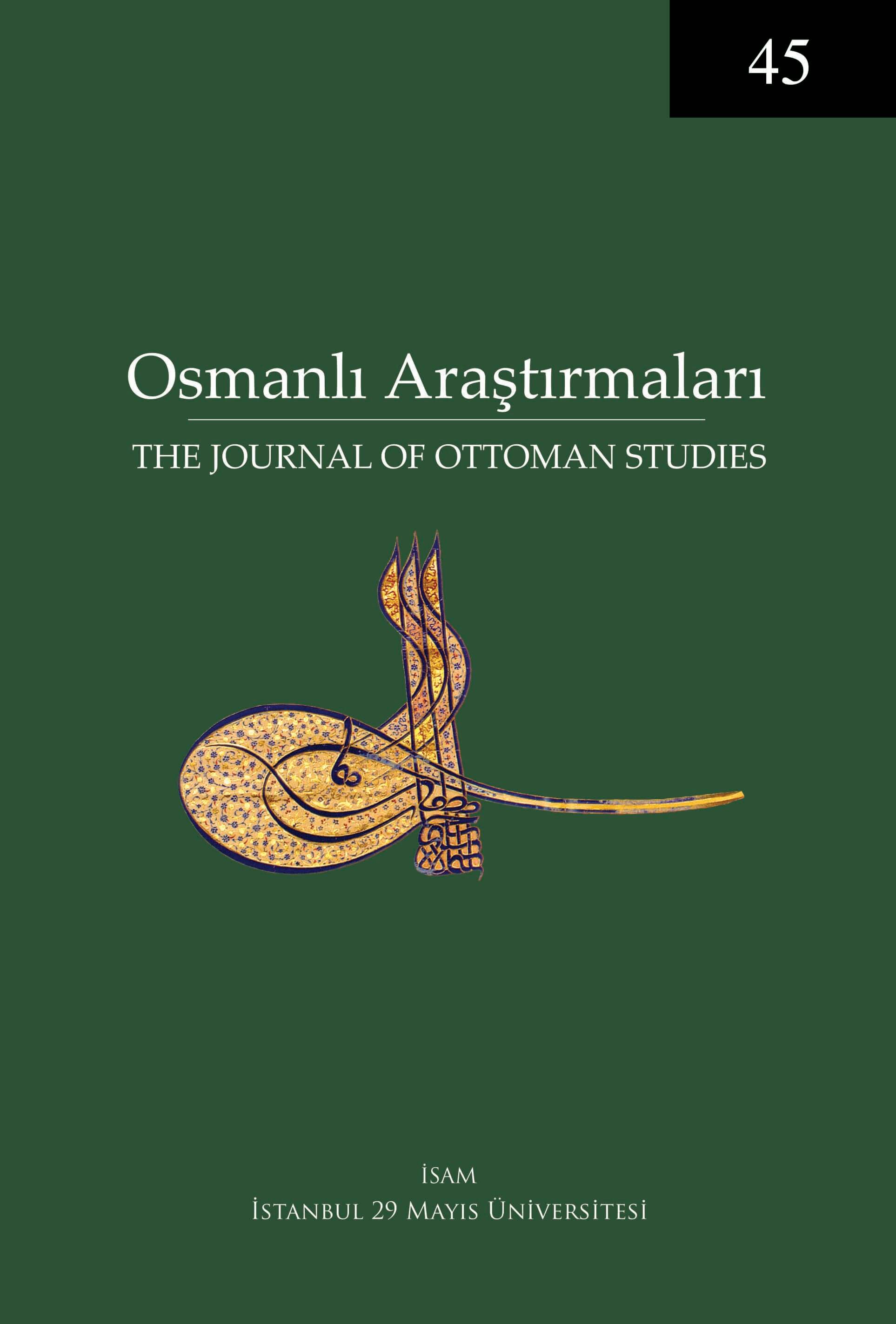Containing Sultanic Authority: Constitutionalism in the Ottoman Empirebefore Modernity
Keywords:
Afghanistan, Afghans, Kabul, pan-Islamism, Ottoman law, Islamic law, Hanafi jurisprudence, Codification, MecellAbstract
In 1877, Sultan Abdülhamid II selected the Islamic scholar and jurist Ahmed Hulusi Efendi to lead an official Ottoman delegation to Afghanistan. In spite of being the Porte’s first official envoy to Kabul, little is still known about Hulusi Efendi’s background and the impact of his mission beyond the fields of Ottoman diplomacy and foreign relations. The article first provides a biographical window into Hulusi Efendi’s life before his journey to Afghanistan, including his appointment to a number of eminent posts in the nineteenth century Ottoman juridical field, among them the elite law commission which produced the landmark Mecelle. Turning to his Afghan mission, the study utilizes Ottoman, British Indian, and Afghan archives to evaluate unexplored legal dimensions of Hulusi Efendi’s visit to Kabul, while suggesting avenues for future research, including the links between Islamic codification projects taking place in the Ottoman Empire and Afghanistan at nearly the same time




